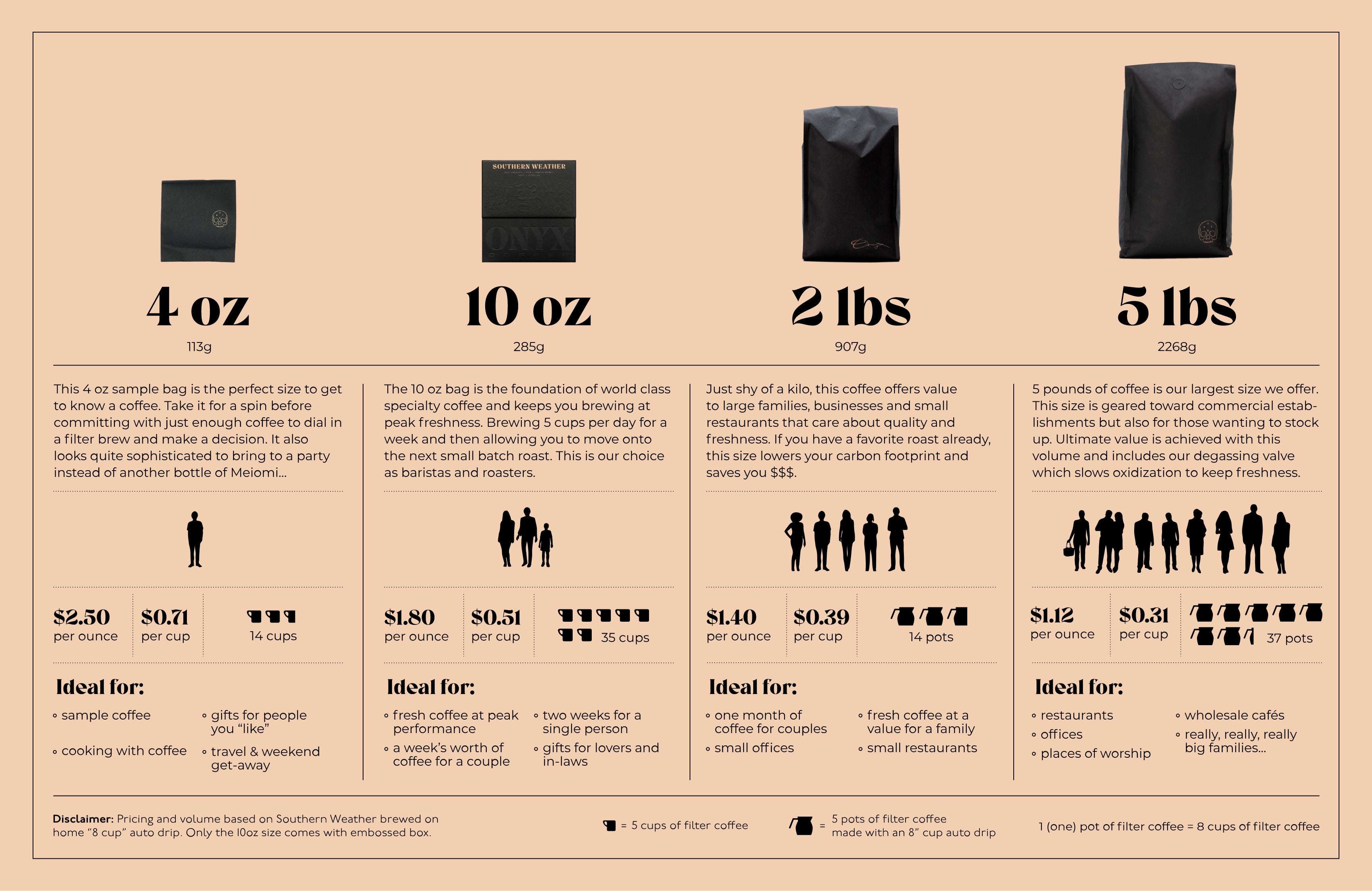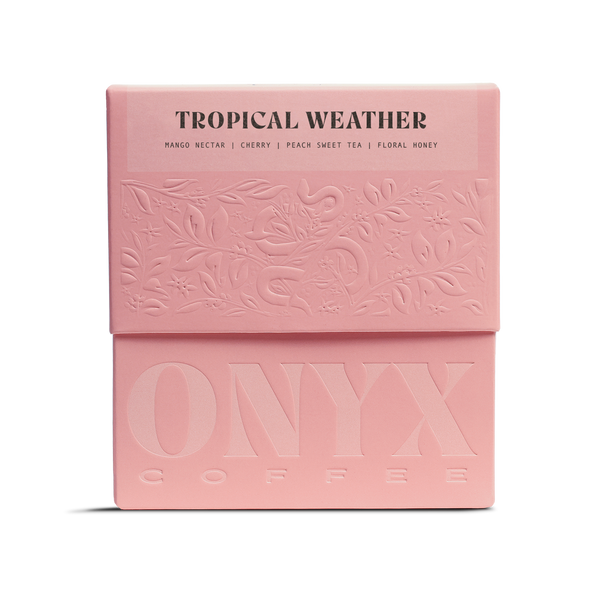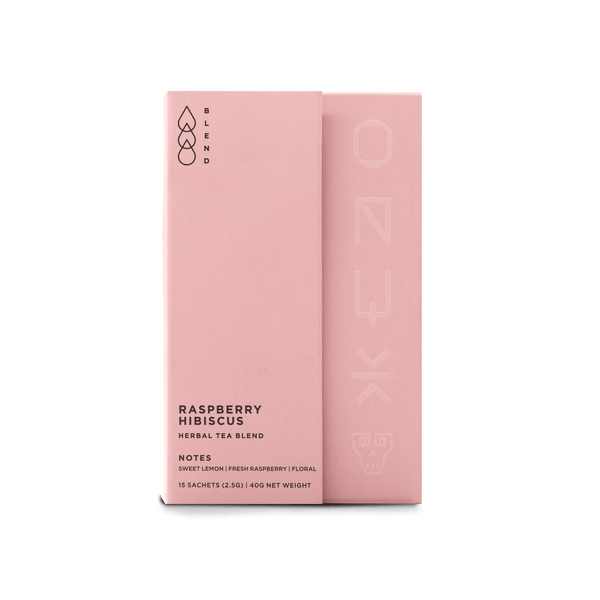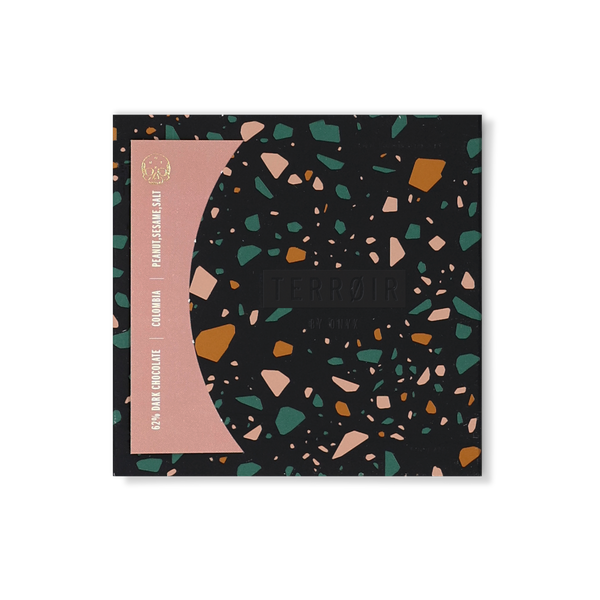Story
ARBEGONA REGION
Coffees grown in the Arbegona region are some of the highest grown coffees in the country. With elevation soaring up to nearly 2300 meters, these coffees are slow growing, with the average screen size of the seeds vastly smaller than others in the country. This exceedingly high elevation, combined with careful attention to picking and agronomy leads to wonderfully vibrant cup profiles; we’ve experienced intense florals and bright tropical fruits with more intensity than we are accustomed to. This honey lot was processed at a very new station, the Yaye Station, located just down the road from the Bensa stations. Operated by Faysel Abdosh, this mill services the small-holder producers of the greater region. Outside of purchasing cherry, Faysel has initiatives to provide services to the community by developing infrastructure around medical needs, electricity, and water. It’s often that the conversation around purchasing coffee revolves around pricing, however, that is only one side of the transaction. As we’ve seen from global inflation, it’s not enough to say that producers are getting higher prices for their coffee, as these higher prices are dramatically offset by soaring inflation. Projects like the water pipeline and the electricity project can radically shift the conversation about equity and living conditions in these regions, and we’ll continue to partner with people like Catalyst and Faysel to aid in these projects.
WASHED PROCESSED COFFEES
The washed process begins with coffee cherries delivered to the washing station, both from the primary market or from farmers bringing their coffee directly to the mill. The cherries are inspected, and an initial quick round of hand-sorting separates the defective coffees before placing them into the hopper. They are then funneled to the depulper, which removes the fruit from the seeds (beans). After that phase is done, the coffee is fermented underwater for approximately 12-36 hours. During this fermentation, a microbial de-mucilagation takes place, which allows the outer fruit and pectin layer to break down, making the coffee easier to dry. This phase also crucially alters the organic acids within the coffee, as sugars and organic acids are transformed, with the best washed coffees maintaining their complex fruit esters. Once the fermentation is complete, the parchment is emptied into the washing channels, where it is agitated with rakes to remove the last of the fruit layer. During this step, the water is refreshed to ensure its capability of separating the fruit layer from the seed. Once the washing is complete, the coffee is taken to the raised drying tables for sun drying







